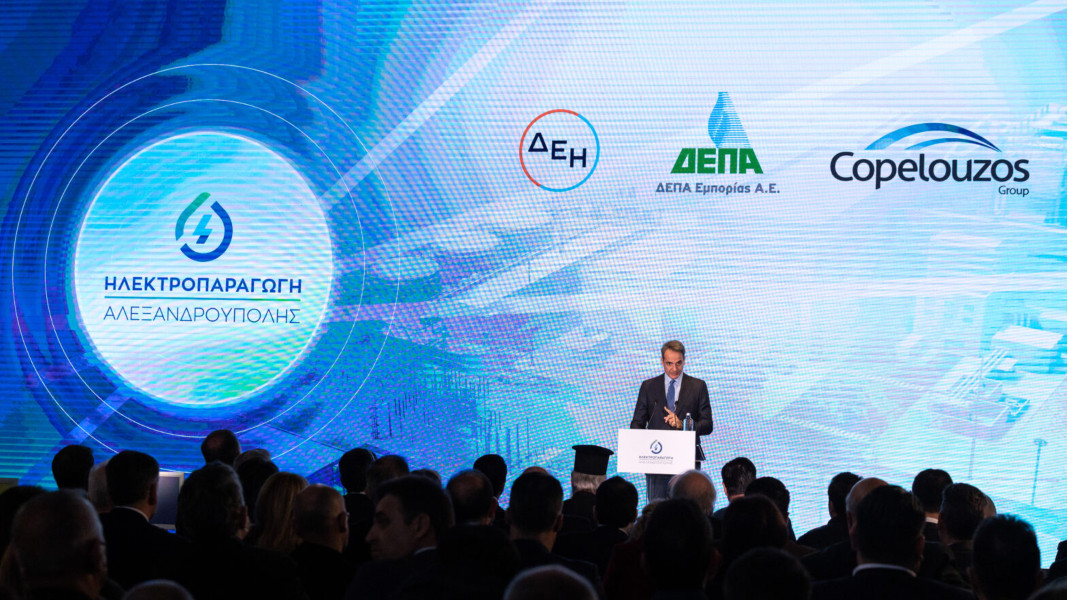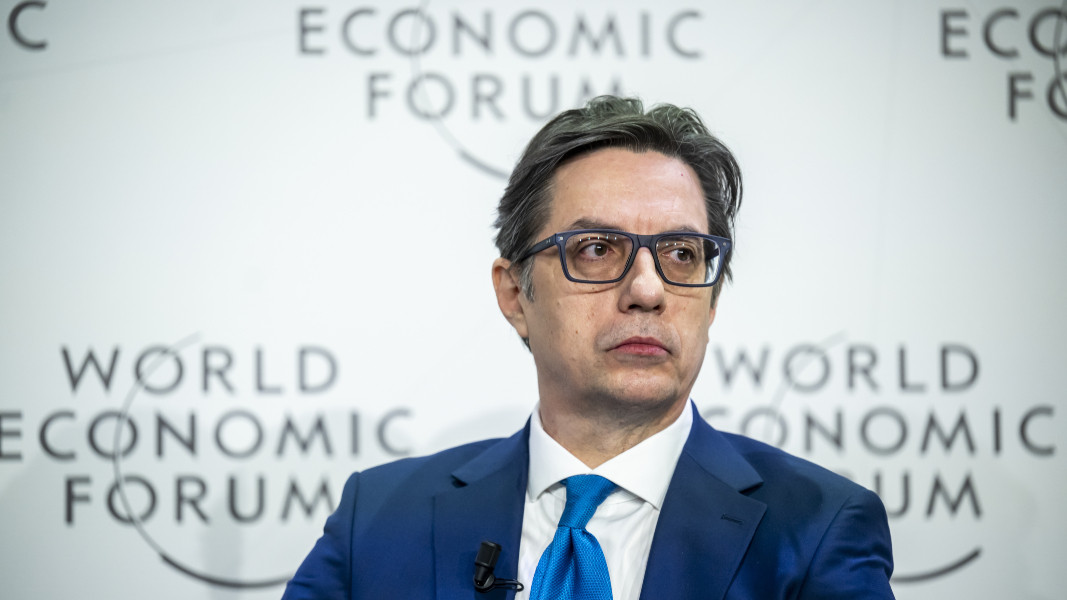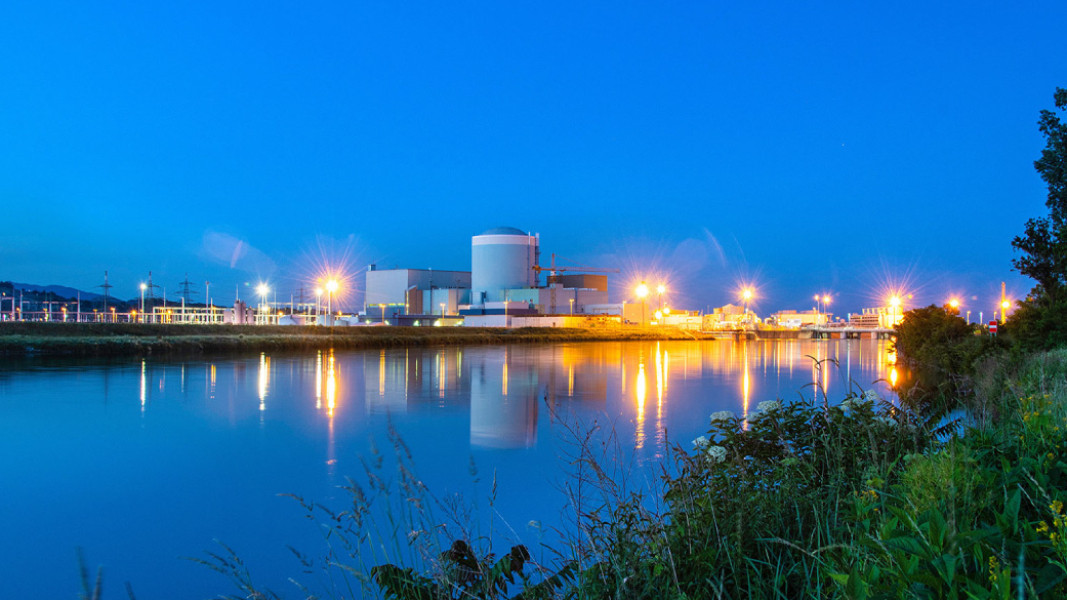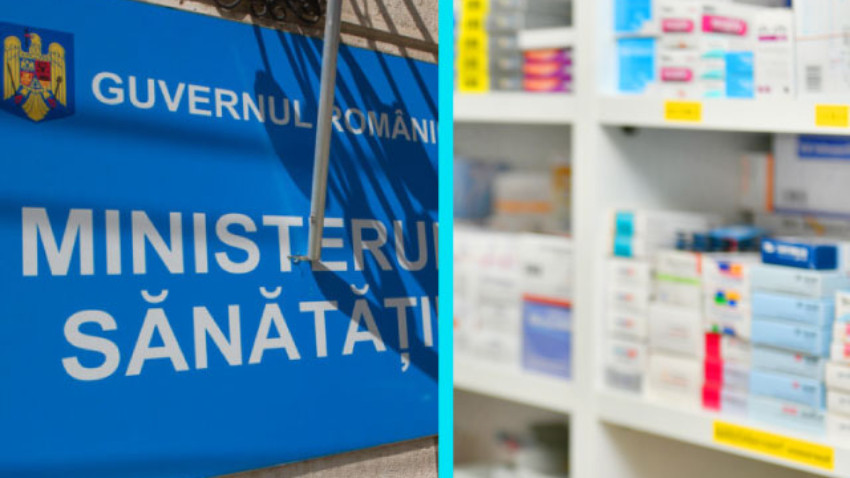Greece starts construction of 840 MW gas-fired power station in Alexandroupoli

Greece’s Premier Kyriakos Mitsotakis presented the government’s Eastern Macedonia & Thrace 2030 Development Program in the northern Greek city of Komotini. The plan includes more than 360 projects, with a budget of EUR 6.8 billion. According to Kyriakos Mitsotakis, the financing of these projects has been secured. “The port of Alexandroupoli is of great significance, and as such it should not leave the hands of the Greek state at this extremely important geopolitical juncture”, Premier Kyriakos Mitsotakis noted at the inauguration of the project for the construction of a gas-fired power plant. The unit will have a capacity of 840 MW and be built jointly by the Public Power Corporation (51%), DEPA Commercial (29%), and Kopelouzos Group (20%). The unit will cost EUR 400 million and will employ 800 people. It is expected to be operational in thirty-two months. The new LNG terminal in Alexandroupoli, which is under construction, will supply natural gas to the future gas-fired power station. Bulgaria bought a 20% stake in the LNG terminal, the BTA reported.
EU to finance the construction of the Belrade-Nis railway line

In February, Serbia and the EU will sign a contract for the construction of a high-speed railway from Belgrade to Nis, Serbia‘s Deputy Premier and Minister of Finance Sinisa Mali announced. Serbia is to receive a grant to the tune of EUR 600 million. “Thus, Serbia will have high-speed trains both in its northern and southern regions”, Sinisa Mali said. “Today we have a high-speed railway line from Belgrade to Novi Sad. In two years, the construction of the railway line from Novi Sad to the Hungarian border will be completed. Currently, we are building 10 new motorways. This is happening in times of difficulties at the global capital market because of the high interest rates. However, Serbia has managed to secure loan agreements with the United Arab Emirates and the International Monetary Fund under highly favorable conditions”, Sinisa Mali said, the Novosti newspaper reported.
Moscow may benefit from the frozen conflicts in the Western Balkans

“We have two fragile points in the Western Balkan region. This is the Republic of Srpska in Bosnia and Herzegovina and North Kosovo. For years back Putin’s regime is trying to provoke people there to disrupt the integrity of these two countries”, North Macedonia’s President Stevo Pendarovski said during the World Economic Forum. “But realistically speaking in the past year or so, Russian propaganda, fake news, political propaganda, hybrid threats, have not intensified, because Putin’s regime is fully preoccupied to counter the Western allies, because of the war in Ukraine. But local actors who are not so happy with the so-called peace agreements reached in the 1990’s are doing their part of the job and they are from time to time provoking with inflammatory rhetoric some disturbances in these two countries. My judgement is that if Russia will try to deflect somehow the attention of the West from Ukraine, which is the main theatre of war and propaganda, the Western Balkan region is more prone to that than the Baltic states. So we should take care of that as a NATO alliance. It seems to me that the so-called soft spots in the whole pan-European security architecture are the Western Balkans”, Stevo Pendarovski said.
Lifespan of Krško nuclear power station extended by 20 years

Slovenia’s sole nuclear power station has been granted an environmental permit, a key condition for the extension of its life span by twenty years, to 2043. The permit was issued by the Ministry of the Environment and Spatial Planning, sloveniatimes.com informed. The permit concludes the environmental impact assessment procedure conducted at the Krško nuclear power station (NEK) after last year’s scheduled maintenance during which the plant was upgraded to remain operational for another 20 years, sloveniatimes.com wrote further.
The procedure includes assessments of seismic safety, protection from environmental disasters, resilience to climate changes and external factors, and the impact on water in light of the warming trend of watercourses in eastern Slovenia. The initially planned life span of the plant, which was launched in 1983, was 40 years. Situated in the Krško area, close to the Croatian border, the power station is co-owned by Slovenia and Croatia with each holding 50%.
Romania to suspend the export of antibiotics and anti-pyretic medicines for 3 months

The European Commission greenlighted Romania’s request to temporarily suspend the exports of some antibiotics. The measure is of a temporary nature and will be applied for a period of three months, Romania’s Ministry of Health announced. The exports of anti-pyretic medicines containing ibuprofen and paracetamol has been also suspended. “The measure is intended to ensure the continuity of the availability of these medicines for Romanian patients“, says Romania’s Ministry of Health, Digi24.ro reported.
English version: Kostadin AtanasovThe coalition We Continue the Change-Democratic Bulgaria (PP-DB) , which came second in the October 27 parliamentary elections, has accepted an invitation for negotiations from the first political force - GERB-SDS. GERB leader Boyko Borissov offers..
A new party called Bulgaria Can (Bulgaria Mozhe) was founded today. Its leaders are the political and economics analyst Kuzman Iliev and the former MP from the Vazrazhdane party, Ivo Ruschev. The aim of the new party is to be an alternative for voters..
GERB leader Boyko Borissov has sent a letter to the We Continue the Change-Democratic Bulgaria (PP-DB) coalition proposing a way out of the political crisis. The information was confirmed by BNR sources. Borissov has proposed that the leader of..

+359 2 9336 661
